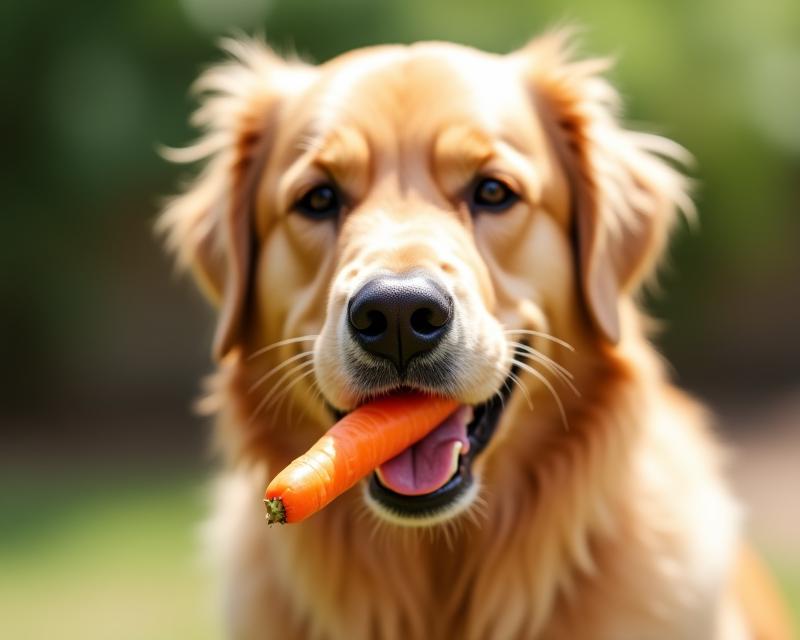Pet Nutrition: What Can They Eat?
Publish in Health el 28/06/2025 23:02
Pet Nutrition: What Can They Eat?
As loving pet owners, we always want the best for our furry, scaled, or feathered companions. A big part of that is ensuring they get proper nutrition! But with so much food available, it can be confusing to know what's safe for our pets to eat. Can they enjoy a little bit of our food? The answer is…it’s complicated! Let's break down the do's and don'ts of human food for pets.

Safe Snacks: A Few Human Treats They Can Enjoy
Luckily, there are plenty of human foods that are perfectly safe (and often enjoyed!) by many pets in moderation. Here are a few good options:
- Cooked Chicken or Turkey: A lean protein source that's generally well-tolerated. Just make sure it's boneless and skinless!
- Plain Yogurt: A good source of calcium and probiotics, which are great for gut health. Avoid yogurts with artificial sweeteners.
- Blueberries: Packed with antioxidants, these are a healthy and delicious treat.
- Carrots: Crunchy and low in calories, carrots are a great low-calorie snack.
- Green Beans: Another low-calorie option, green beans can be steamed or boiled until soft.
Remember, these should be treats, not meal replacements. A little goes a long way!
Foods to Avoid: The Dangerous List
Just as important as knowing what's safe is knowing what to avoid. Some human foods are extremely dangerous for pets and can even be fatal. Here’s a list of foods you should *never* give your pet:
- Chocolate: Toxic to pets and can cause vomiting, diarrhea, and even death.
- Onions & Garlic: These can damage a pet's red blood cells, leading to anemia.
- Grapes & Raisins: Can cause kidney failure in dogs.
- Xylitol: An artificial sweetener found in many sugar-free products. It's extremely toxic to dogs and can cause a rapid drop in blood sugar.
- Avocado: Contains persin, which can be toxic to pets.
- Alcohol: Even small amounts can be dangerous and cause serious health problems.
- Dairy (for some pets): Many pets are lactose intolerant and can experience digestive upset from dairy products.
If you suspect your pet has ingested something toxic, contact your veterinarian or an animal poison control center immediately.
Important Considerations
Every pet is different, and what's safe for one may not be safe for another. Always introduce new foods slowly and in small amounts to monitor for any adverse reactions. If you're unsure about a particular food, it's always best to err on the side of caution and consult with your veterinarian. They can provide personalized dietary advice based on your pet's breed, age, and health condition. A balanced, commercially prepared pet food is usually the best way to ensure your pet gets all the nutrients they need. However, a few safe human treats can be a great way to bond and show your pet some love!





